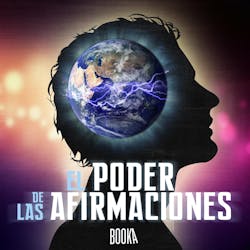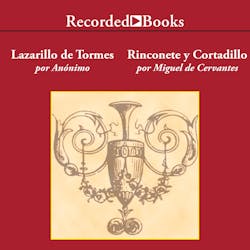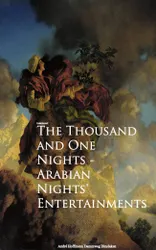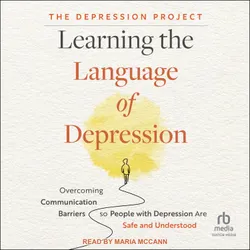The Magna Carta, issued in 1215 by King John. 'No free man shall be seized or imprisoned, or stripped of his rights or possessions ... except by the lawful judgement of his peers...To no one will we sell, to no one deny or delay right or justice.' Although not originally intended as a bill of rights, Magna Carta was used in these terms whenever people's liberties were challenged and is celebrated today as England's eary form of democracy. The continuing symbolic significance of Magna Carta was shown when the universal Declaration of Human Rights was presented to the United Nations in 1948 as a 'Magna Carta for the future'.

El poder de las afirmaciones
Anonymous
audiobook
Aphrodite in Bloom
Anonymous
audiobook
Manual de seducción (Seduction Manual)
Anonymous
audiobook
Beowulf
Anonymous
audiobook
Medieval Hebrew: The Midrash, the Kabbalah
Anonymous
book
Harvard Classics Volume 41 : English Poetry 2: Collins To Fitzgerald
William Collins, Golden Deer Classics, George Sewell, Alison Rutherford Cockburn, Jane Elliot, Christopher Smart, Anonymous, John Logan, Henry Fielding, Charles Dibdin, Samuel Johnson, Robert Graham Gartmore, Adam Austin, William Cowper, Richard Brinsley Sheridan, Anna Laetitia Barbauld, Isobel Pagan, Lady Anne Lindsay, Thomas Chatterton, Lady, Alexander Ross, John Skinner, Michael Bruce, George Halket, William Hamilton Bangour, Hector MacNeil, William Jones, Susanna Blamire, Anne Hunter, John Dunlop, Samuel Rogers, William Blake, John Collins, Robert Tannahill, William Wordsworth, William Lisle Bowles, Samuel Taylor Coleridge, Robert Southey, Charles Lamb, James Hogg, Robert Surtees, Thomas Campbell, J. Campbell, Allan Cunningham, George Gordon, Thomas Moore, Charles Wolfe, Percy Bysshe Shelley, James Henry Hunt, John Keats, Walter Savage Landor, Thomas Hood, Aubrey De Vere, Hartley Coleridge, Joseph Blanco White, George Darley, Thomas Babington Macaulay, Hugh Miller, Charles Tennyson Turner, Samuel Ferguson, Elizabeth Barrett Browning, Edward FitzGerald
book
El Lazarillo de Tormes/ Rinconete y Cortadillo
Anonymous, Miguel de Cervantes Saavedra
audiobook
Pennsylvania Dutch Cooking
Anonymous
book
The Dhammapada
Anonymous
book
The Thousand and One Nights - Arabian Nights' Entertainments
Anonymous
book
GMAT Official Guide 2025 - 2026 : Book + Online Question Bank
Anonymous
audiobook
Learning the Language of Depression : Overcoming Communication Barriers so People with Depression Are Safe and Understood
Anonymous
audiobook
